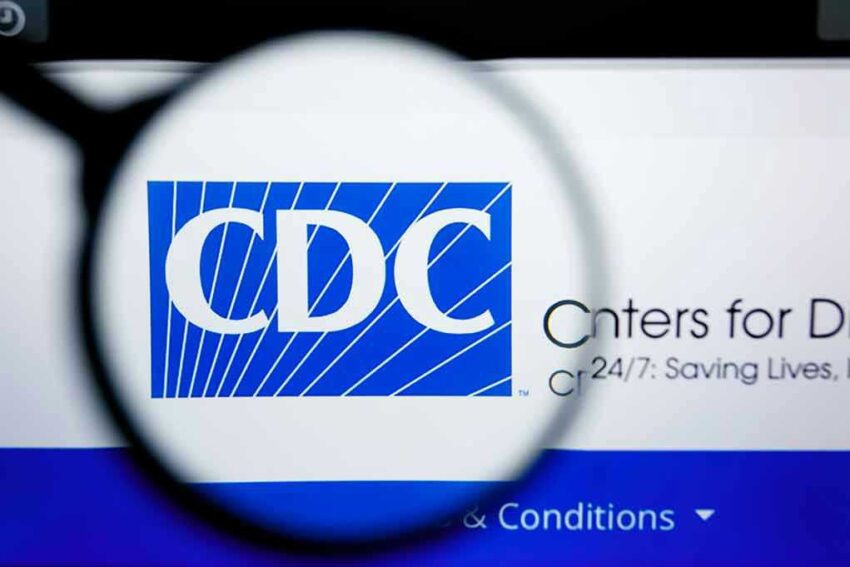Allegations of manipulated data in a CDC advisory vote have sparked outrage, questioning the integrity of the process.
Story Snapshot
- Dr. Robert Malone claims data manipulation in RSV antibody vote.
- ACIP’s recommendation for clesrovimab for infants faces scrutiny.
- American Academy of Pediatrics withdraws collaboration post-panel overhaul.
- Concerns over politicization and transparency in the CDC’s advisory process.
Allegations of Manipulated Data in ACIP Vote
Dr. Robert Malone, a member of the CDC’s Advisory Committee on Immunization Practices (ACIP), has raised serious concerns about the integrity of the committee’s June 2025 vote. He claims the decision to recommend clesrovimab, a monoclonal antibody for preventing RSV in infants, was based on manipulated data. Malone argues that crucial information was omitted from presentations, potentially compromising the recommendation process’s transparency and safety.
CDC Adviser Says Vote on RSV Antibody Was Based on Distorted Data | The Epoch Times https://t.co/pnb9UQYGR5
— Kathleen Nee (@KathleenNee2) August 22, 2025
Panel Overhaul and Professional Backlash
The ACIP panel underwent a complete reconstitution in June 2025, with all previous members replaced by HHS Secretary Robert F. Kennedy Jr. This move has been contentious, leading to professional backlash and concerns about the new panel’s expertise and objectivity. The American Academy of Pediatrics, a significant medical association, withdrew its collaboration with ACIP following the panel’s changes, citing concerns over the integrity of the advisory process.
The recommendation to endorse clesrovimab has now become official CDC policy. However, the process is under scrutiny due to the allegations of data manipulation and the lack of transparency. This situation highlights the potential politicization of scientific advisory panels, raising questions about the importance of transparent and evidence-based decision-making in public health.
Implications and Future Outlook
The controversy surrounding the ACIP vote has significant implications. In the short term, it has increased access to RSV antibody protection for infants while simultaneously heightening scrutiny of the CDC’s advisory processes. The professional backlash and the American Academy of Pediatrics’ withdrawal of collaboration could impact the development and dissemination of future guidelines. In the long term, if Malone’s allegations are substantiated, there could be a significant erosion of trust in CDC recommendations, affecting future vaccine and antibody product approvals.
The pharmaceutical sector may face increased scrutiny in clinical data presentation, and the public health sector may need to address transparency and trust issues in advisory processes. The controversy underscores a critical need for maintaining scientific rigor and transparency in health recommendations, especially when they impact vulnerable populations like infants.
Sources:
CDC Media Release – 2025 CDCS Advisory Committee
ACIP Recommends Clesrovimab for Infants
CDC Vaccine Advisory Committee Meeting
Click this link for the original source of this article.
Author: editor
This content is courtesy of, and owned and copyrighted by, https://republicannews.org and its author. This content is made available by use of the public RSS feed offered by the host site and is used for educational purposes only. If you are the author or represent the host site and would like this content removed now and in the future, please contact USSANews.com using the email address in the Contact page found in the website menu.





